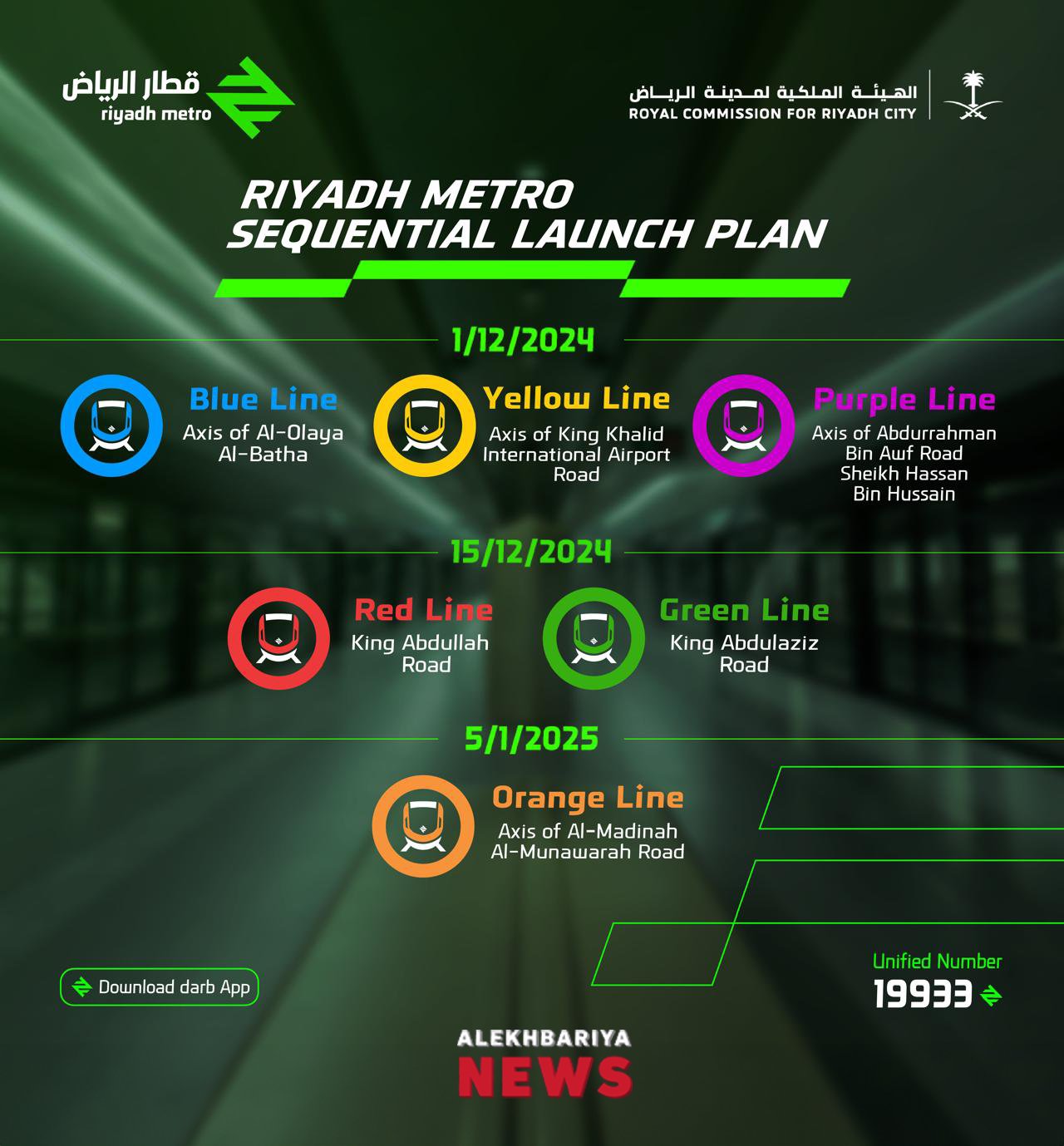RIYADH: As violence continues to spill across borders, Saudi Arabia has ramped up its long-standing humanitarian efforts in Palestine, enhancing both financial contributions and essential medical resources.
Since the conflict erupted on Oct. 7 last year, Saudi Arabia has directly donated $185 million in humanitarian aid to Palestine through the Saudi aid agency KSrelief, Foreign Minister Prince Faisal bin Farhan told the UN General Assembly.
Prince Faisal also noted in his speech on Sept. 28 that Saudi Arabia is working with different UN agencies to raise a total of $106 billion for reconstruction and humanitarian aid.
According to KSrelief, total Saudi support for the Palestinian people over the years has exceeded $5.3 billion in a total of 289 projects.
Since Oct. 7 the Kingdom has significantly intensified its support, broadening the capacity, scope, and effectiveness of its aid initiatives to meet the urgent needs of those affected by the ongoing crisis in Palestine.
Saudi Arabia has demonstrated a steadfast commitment to humanitarian assistance for the Palestinian people.
One of the major donations following Oct. 7 involved the Kingdom donating $34.8 million of relief and humanitarian aid to provide food, shelter, health, and logistical support via sea and air support, with a total weight of about 6,535.5 tonnes.
In an interview conducted by Arab News’ “Frankly Speaking” on Dec. 3, 2023, Abdullah Al-Rabeeah, the supervisor general of KSrelief, noted the effectiveness of the organization’s donation platform Sahem.
He said: “Nobody can deny the evidence and the numbers, and I think the Sahem platform is seen by the world.”
Al-Rabeeah insisted that “we haven't stopped yet,” adding: “Our businessmen have donated ambulances, medical equipment, food supplies, nutritious food, and formula for children. These are not reflected on the platform, so we’re talking about a lot of donations.”
KSrelief launched the Saudi National Campaign to Support the Palestinian People in the Gaza Strip on Nov. 2, 2023.
On the first day of the campaign, the total number of donors to have accessed the platform stood at 72,375 and by that afternoon donations had reached SR64,274,009 ($17,139,735).
Five days following the launch, donations had exceeded SR375 million.
By Dec. 1, total donations to the Saudi campaign to aid the Palestinians in the Gaza Strip had exceeded SR600 million, with over 350,000 donors.
Samer Al-Jutaili, the spokesman for KSrelief, told Arab News in 2023 that 32 relief aircraft with 695 tonnes of food and supplies had been sent to the Palestinians in Gaza as of Dec. 18.
Under the leadership of King Salman and Crown Prince Mohammed bin Salman, Saudi Arabia has not only reaffirmed its dedication to the Palestinian cause, but has also actively sponsored humanitarian initiatives on the international stage.
When looking internationally, the Kingdom has signed agreements with multiple international agencies, including the UN Relief and Works Agency for Palestine Refugees, the World Food Programme, the World Health Organization, and the International Committee of the Red Cross.
Addressing a virtual summit of the BRICS group on Nov. 21, 2023, the crown prince said that there was no way to achieve security and stability in Palestine except through the implementation of international decisions related to a two-state solution.
He added: “We demand an immediate halt to Israeli military operations in Gaza.”
On Nov. 23, 2023, KSrelief and the Egyptian Red Crescent signed a memorandum of understanding for cooperation in aid delivery to Gaza, facilitating the sending of aid by land and air routes.
In the same month, KSrelief supported the UNRWA Emergency Appeal for the Occupied Palestinian Territories with a $15 million donation. This provided and distributed ready-made meals to benefit more than 180,000.
The project also distributed mattresses and blankets to 40,000 beneficiaries and provided medicines, doctors and nurses to 97 UNRWA shelters in the Gaza Strip.
KSrelief in March this year provided $40 million in support of UNRWA to further aid its emergency appeal in the Gaza Strip.
UNRWA’s Commissioner General Philippe Lazzarini was moved to comment: “As UNRWA continues to provide food, water, and medical services in Gaza, this generosity by KSrelief reflects the solidarity that the Kingdom has always shown Palestinians, especially during dire times.
“One knows their friends during hardship, and for this we are grateful to Saudi Arabia, to Dr. Abdullah Al-Rabeeah and KSrelief, and to the Saudi people for their solidarity with the people of Gaza.”
The arrangement ensured the food security of 250,638 and provided tents and non-food items to more than 200,190 people.
In continuing its legacy of support of the Palestinian cause, Saudi Arabia has recently announced a monthly financial grant intended to tackle the urgent humanitarian crisis in Gaza and its surrounding areas.
According to Saudi Arabia’s Center for International Communication, the grant is a “direct response to the suffering inflicted by the Israeli occupation and its blatant violations of international law.”
Most recently, on the sidelines of the 79th UN General Assembly in New York, KSrelief signed a cooperation agreement with UNRWA to share knowledge, expertise, research, and best practices in humanitarian efforts.
The agreement also includes cooperation on training, capacity building, media outreach, and implementing volunteer medical projects such as surgeries, medical clinics, and educational programs.
KSrelief donated $10 million this year to support the healthcare system in Gaza by providing medical supplies, ambulances, and logistical support to those affected in Gaza.
The organization then donated $5 million in food baskets to help save the lives of displaced Palestinians.






























